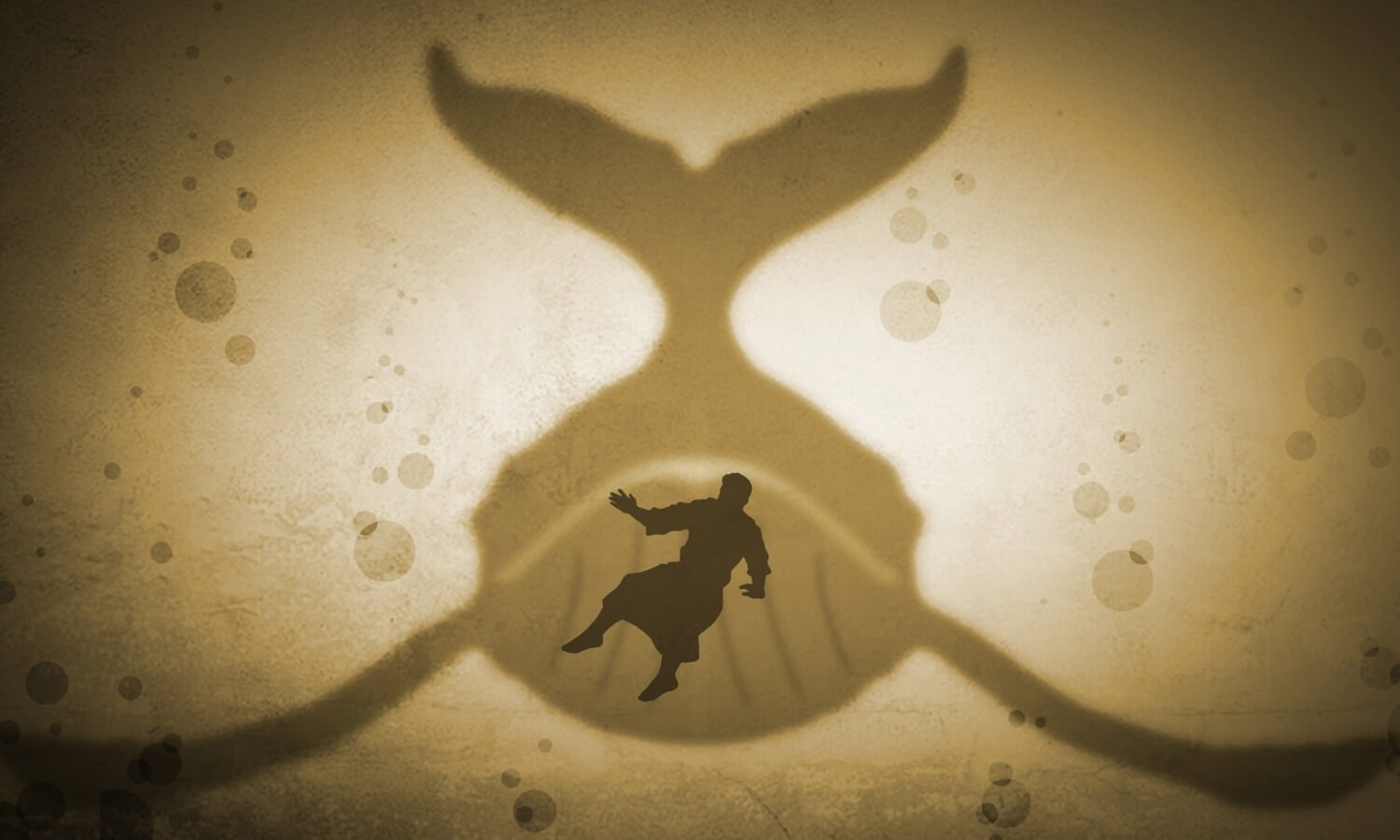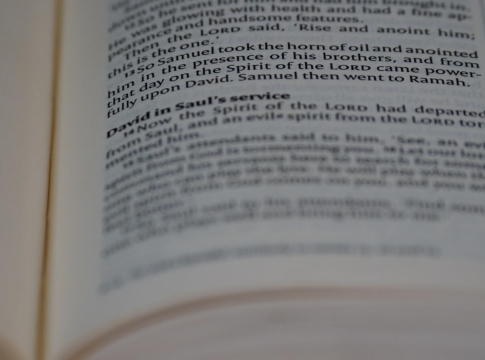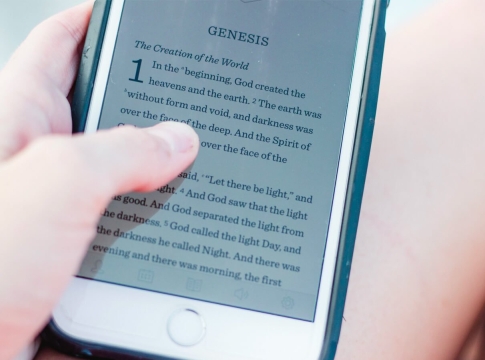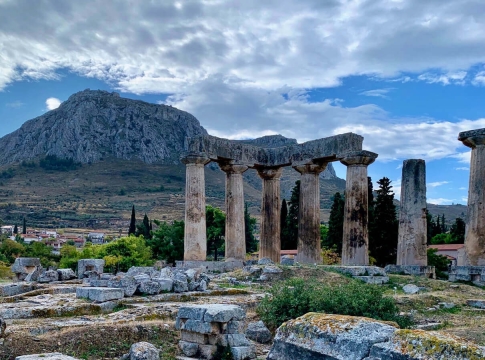
Background and setting
Jonah’s book is a little story about a prophet who doesn’t behave at all like a prophet of God. The narrative highlights God’s mercy by setting it against Jonah’s lust for vengeance. Most likely, the story was written between the third and eighth centuries BC. It is partially set in Nineveh, the capital of Assyria, an adversary of Israel.
Jonah tries to escape God’s commission
“Now the word of the Lord came to Jonah the son of Amittai, saying, Arise, go to Nineveh, that great city, and call out against it, for their evil has come up before me,” is how the book opens, with God sending Jonah on his mission. (Jonah 1:1–2). Jonah, however, boards a ship that heads west, “away from the presence of the Lord,” rather than traveling east to Nineveh.
The reason behind his remarkable actions is revealed later in the narrative: “O Lord, is this not what I said when I was still in my country? I quickly fled to Tarshish because I knew that You are a kind and merciful God who is slow to wrath, abundant in unwavering love, and willing to pardon disasters (Jonah 4:2). Jonah is aware of [God’s grace]. The likelihood is that [the Ninevites would turn from their sin and thereby avoid God’s wrath] if he went to them and told them about God’s impending punishment. Jonah, however, is unwilling to warn the Ninevites because he wants them destroyed.
God puts a stop to Jonah’s flight
Jonah makes an unsuccessful attempt to sail “away from the presence of the Lord.” The ship was in danger of breaking apart as a result of God’s “mighty tempest and great wind upon the sea” (Jonah 1:4). When the sailors cast lots, they discover that Jonah is the reason behind this dreadful storm, despite their best efforts and prayers to their gods. Jonah says that throwing him into the sea is the only way to solve the problem. Finally, the sailors “picked up Jonah and hurled him into the sea, and the sea ceased from its raging” (Jonah 1:15), as there didn’t seem to be any other option.
However, the story does not finish there. After sending a large fish to swallow Jonah, God gives the fish three days to vomit him out onto the dry land. God gives Jonah the order to travel to Nineveh and preach there once more. Once more, Jonah complies.
Nineveh repents, and Jonah is angry
The story moves quickly once Jonah gets to Nineveh: “And he called out, Yet forty days, and Nineveh shall be demolished! And Nineveh’s populace accepted God. From the greatest to the least, they all declared a fast and dressed in sackcloth (Jonah 3:4-5). In a metaphorical sense, the city “is overthrown” spiritually. According to Jonah 3:10, “God relented of the disaster that He had said he would do to them, and He did not do it,” just as Jonah had anticipated in the beginning. Jonah’s suspicions are validated—God is really merciful—and the city is spared actual destruction.
God speaks to Jonah
But the story doesn’t end here either. We read how Jonah and God have a conversation. Jonah is angry and wants to die. But the Lord wants to teach him a lesson. He appoints a plant that grows overnight and provides much-needed shade for Jonah. But the next night, the plants withers and dies. This makes Jonah even more angry. “God said to Jonah, Do you do well to be angry for the plant? And he said, Yes, I do well to be angry, angry enough to die. And the Lord said, You pity the plant, for which you did not labor, nor did you make it grow, which came into being in a night and perished in a night. And should not I pity Nineveh, that great city, in which there are more than 120,000 persons who do not know their right hand from their left, and also much cattle?” (Jonah 4:9-11).
What is the answer to God’s final question?
The narrative closes with this unanswered question rather than Jonah’s response. The book actually asks the reader, “What would be your response?” Do you accept that God is extending kindness to those who oppose you? Do you feel grateful for God’s immense mercy, or, like Jonah, are you looking for retribution?
Lessons for us
- Probably the most significant lesson from this book is about God’s mercy. It is demonstrated that God’s kindness and grace are not just for the Israelites but also for all people, including their adversaries. The words “a gracious God and merciful, slow to anger and abounding in steadfast love, and relenting from disaster” (Jonah 4:2) accurately describe the Lord, and Jonah was right. How do you react to the boundless kindness of God?
- The second recurring motif in the book of Jonah is [God’s omnipotent control over the elements of nature]. The fish, the sea, the wind, and the amazing plant all “do” what God has intended. God is in complete control and is not constrained by the laws of nature!
- The actions of the Ninevites teach us a third lesson: they humble themselves and confess their sins when they are told that God is going to judge them. God’s kindness is evoked by that behavior, as He states in numerous Bible verses, including Deuteronomy 30:1-3, Mark 1:4, Luke 13:5, and Acts 2:38. Have you already asked for forgiveness and expressed regret for your sins?
Watch the video below for a stunning artistic interpretation of this tale, Sandy Tale.





